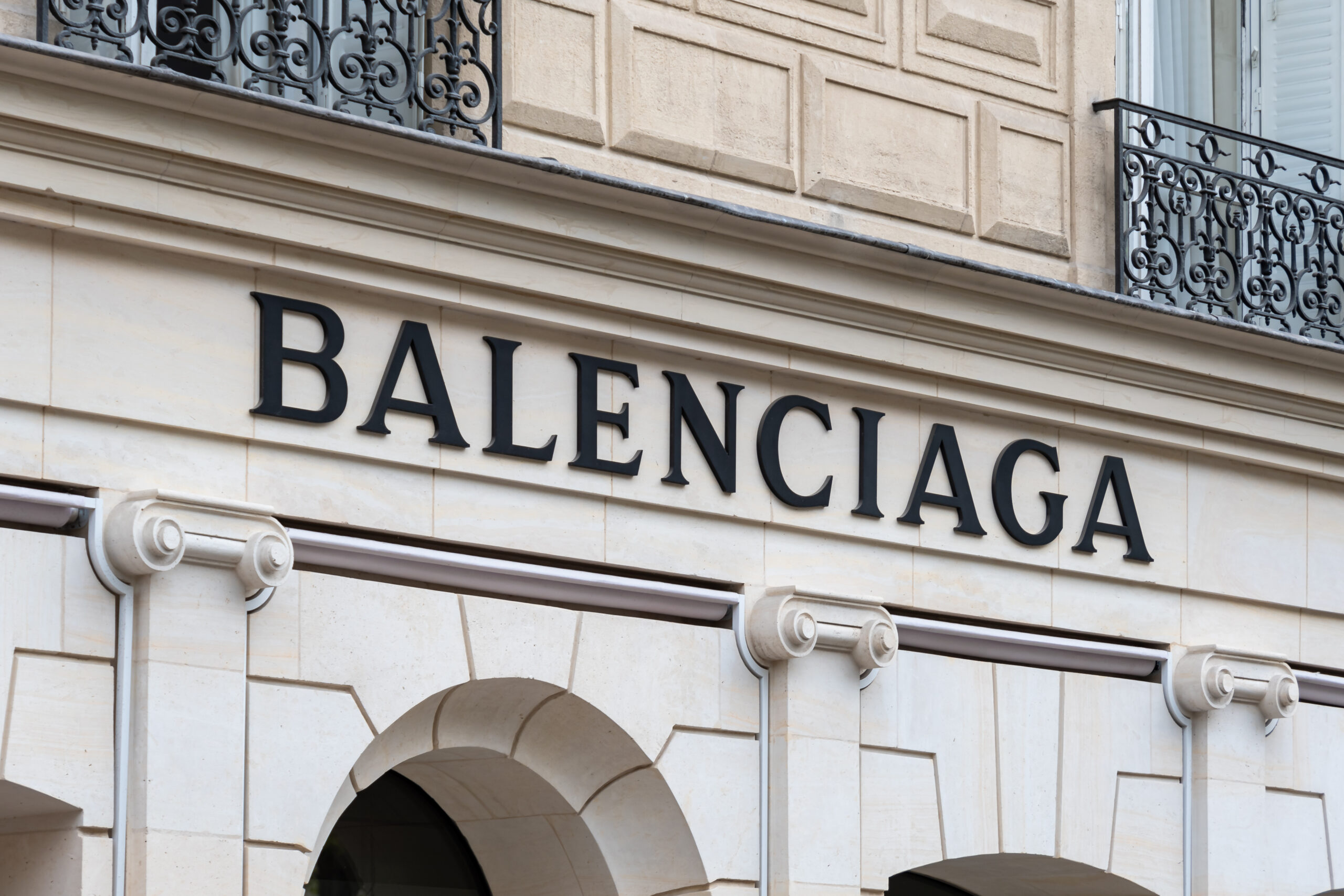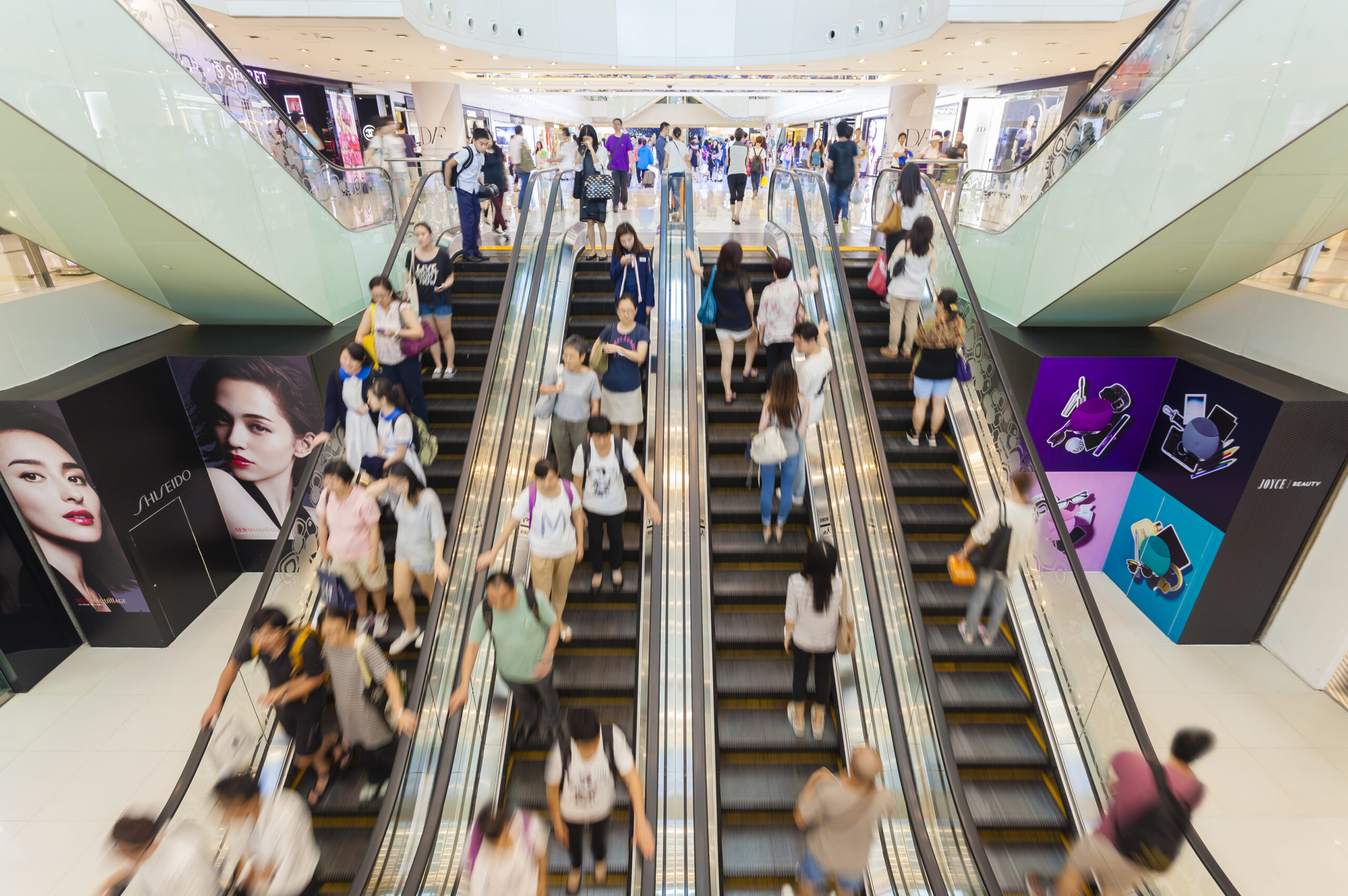Several luxury brands in China are offering unprecedented discounts on their products, highlighting a rising concern over unsold inventory as local consumers reduce their spending.
Starting this month, Chinese shoppers can purchase a small beige, crocodile-patterned version of Balenciaga’s iconic Hourglass handbag for $1,947, a 35% discount, on Alibaba Group Holding Ltd.’s Tmall, the dominant e-commerce platform in mainland China. This price undercuts listings on the brand’s official global websites and major luxury platforms like Farfetch.
Balenciaga, part of the French luxury giant Kering SA, averaged a 40% discount on sale items during three of the first four months of 2024, according to sources familiar with the matter who requested anonymity due to the private nature of the data.

The brand significantly increased the number of discounted items it offers on Tmall. Sources familiar with the situation reported that over 10% of the brand’s products on the platform were discounted from January to April.
According to the sources, during the same period last year, Balenciaga only offered discounts in January, averaging around 30%. In contrast, the brand had no markdowns in the first four months 2022.
A similar trend can be observed with other labels. Capri Holdings Ltd.’s Versace, LVMH’s Givenchy, and Burberry Group PLC slashed prices, some by more than half, on Tmall and other domestic platforms this month. According to sources familiar with the matter, Versace’s average discount increased from roughly 40% at the start of 2023 to over 50% this year.
In the past, luxury brands relied on exclusivity and value retention to drive growth. Offering deep discounts on a major platform would have been unimaginable. Traditionally, these brands preferred discreetly selling excess inventory through outlet stores or private sales. This shift to public, deep discounts on Tmall marks a significant change in strategy.
“What I find surprising and frankly ill-advised is that these discounts are being offered on the world’s most visible consumer touch point, Tmall,” said Jacques Roizen, managing director of China consulting at Digital Luxury Group. “It’s akin to hosting a public sale on Fifth Avenue or the Champs-Élysées.”
Kering declined to comment, while Capri and LVMH did not respond to requests for comment. Burberry also did not comment regarding the discounts.
The slowdown in China’s economy is causing problems for global fashion houses. While these luxury brands are counting on China to increase revenue, the country’s middle class, a key consumer group, is being more frugal. This means they are waiting for sales or avoiding big purchases altogether.
Some luxury brands face additional challenges due to high return rates on Tmall, fueled by the platform’s promotional campaigns. These campaigns allow customers to obtain discounts by meeting certain spending thresholds, even if they return some of their purchases later. This has led some shoppers to game the system by ordering expensive items to secure rebates.
Luxury giants like Hermes, Chanel, and Louis Vuitton seem to be weathering the storm better. Unlike others, they haven’t resorted to discounts, limited their online presence, and concentrated on building relationships with high-spending customers. This strategy makes them less vulnerable to economic downturns.
According to sources familiar with the matter, some brands, including Kering’s Gucci, Prada SpA, and its sister brand Miu Miu, also avoid offering public discounts on China’s e-commerce platforms.
Discounting can be a double-edged sword. While it might clear excess stock quickly, consultant Angelito Perez Tan, Jr. of RTG Group Asia, warns that frequent price cuts can erode a brand’s image of exclusivity. This, in turn, could alienate their high-value VIP customers. Tan points out that luxury brands typically offer discounts around events like Black Friday, but these markdowns are usually much smaller than the current aggressive sales in China.

A consultancy firm, Yaok Group, reports that online purchases accounted for nearly half of China’s luxury market revenue in 2023. Notably, Tmall dominated this online spending.
Weakening demand in China is damaging luxury brands’ profits. Kering, Gucci’s parent company, expects potential profit to plunge by up to 45% in the first half of the year, mainly due to slumping Gucci sales in China. Burberry’s stock price has also tumbled more than 50% in the past year due to sluggish demand in China and the US. Even high-end brands like Chanel acknowledge that the market is becoming more challenging.
Japan’s weak yen incentivises Chinese consumers to travel to Japan for luxury goods, further impacting sales within China. This trend highlights luxury brands’ complex challenges, a slowdown in domestic Chinese spending and competition from cheaper overseas markets.
As luxury brands navigate the challenges of an economic slowdown in China, the balance between clearing inventory and maintaining an image of exclusivity becomes increasingly delicate. How they manage these unprecedented discounts will likely shape their future standing in one of the world’s most crucial luxury markets.


